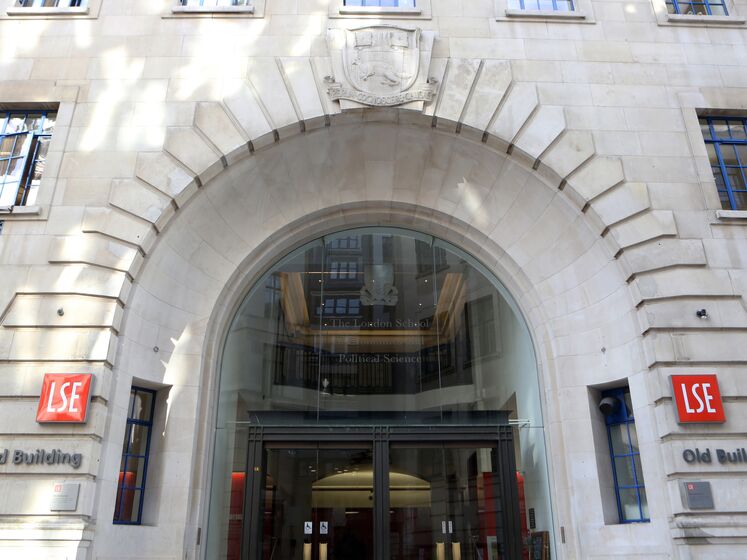I decided to do a master’s program, as much of my work had moved from technical delivery to management. Given the incoming wave of opportunities in digital, I wanted to explore what the full spectrum of opportunities looked like. Data played an increasingly important part of my work, and I needed to understand the future of its governance and application. I also happened to always want to study at LSE.
1. Keen interest to study at LSE
I had always wanted to study at the LSE. From rich debate to a deep alumni network, LSE was an institution with a global reach and diversity of opinion. I took an interest in economics, for personal interest, and the debate between Keynes and Hayek gave insights to the different perspectives on the role of government in the national economy. During my readings, I decided LSE would be a great place to study at some point.
2. Evolution of distance learning
I joined a graduate management program by Barclays and worked in digital banking. This exposed me to the product development and management. While my technical skills were extremely handy, I had done the basics of management as part of my undergraduate program. As I rose within the organisation, I realised I needed to study banking and management a little more. When I first saw the MISDI program, I knew it would be a perfect evolution of my technical studies. I began by first completing my banking studies through distance learning, in preparation of moving into a master’s program for technology management.
3. Ideal time to upgrade skills
The time had come for me to step into the next stage of my career. I had worked in digital technology in banking, for some time. It was not called fintech, nor did it have all the hype that fintech was. It involved creating documents that explained to the business why and how we needed a new product, then mapping the technical processes the product would be using for implementation and managing development, delivery, and launch. To enter the next stage of my career, I would have to obtain a master’s degree, and MISDI appeared to be a perfect fit.
4. Technology management at LSE
MISDI is a management program that focuses on information systems and digital innovation. This appeared to be a perfect pairing of the tools I needed to make then next step in my career. While keeping close the heartbeat of technology, the program also brought several management aspects to technology, and indeed, broadened my knowledge of open innovation, strategic management, data governance, service design and innovation, and business technology among other fields of study. I would highly recommend the program for anyone seeking to expand their experience in digital product management, project management in technology and in technology strategy roles.
5. Honing the use of data
Part of the work in middle management is being able to seek out, filter and utilise information. In the age of data, the filtering required more effort as the sources and volume of data increased. Separating noise from knowledge started to become overwhelming. Acknowledging the increasing role played by big data, I knew it was time to go and learn how others were managing in the age of information, to balance receptivity with proficiency. As I reviewed the course content for my program, I was delighted to learn that the role of data would be addressed in the strategy module, which was a very befitting location, and therefore tied the ribbon on the gift that MISDI was to my career. Overall, I would advise those from a technical background to consider this program which will shed light on the sources and the approaches of the coming waves of disruption brought on by technology.
I enjoyed the program’s focus and the various skills I acquired across open innovation, strategy, management, and governance.









A really insightful article Keith, I’m sure it will help many who are trying to figure out what next in terms of skills enhancement and are looking to get a programme tied to what they are doing already as opposed to doing a generic MBA.